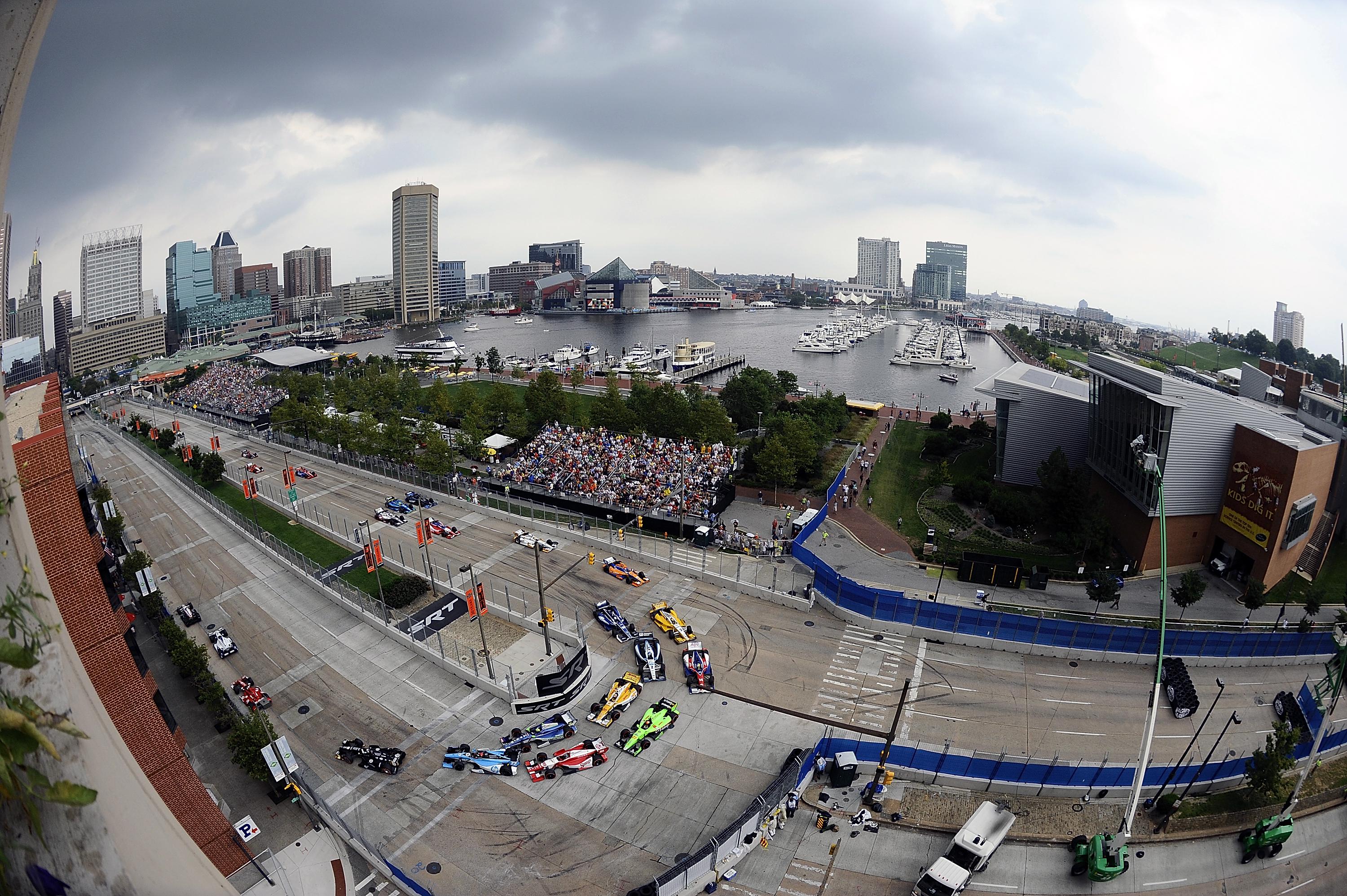Conservatives are eager to blame Detroit’s problems hazily on “Democrats,” and in most respects I think that’s wildly misleading. But I do think there’s an important sense in which they’re correct. American cities across the board suffer from a lack of partisan competition that undermines democratic accountability.
My view of this is heavily based on the work of George Mason University’s David Schleicher, and I really encourage you to look at his research for a long version of the story. But the short version is that ordinary voters rely heavily on party affiliation as a heuristic when deciding who to vote for. If you move to a new place with same-day voter registration, then pay zero attention to local politics up to and including the names of your local member of Congress, then show up at the voting booth to vote in a House election you’re in fact perfectly capable of making a well-informed decision about who to vote for. If you generally like legal abortions, equal rights for gays and lesbians, higher taxes, and more regulation of private businesses then you should vote for the Democrat. If you want tax cuts, abortion bans, and lax regulatory enforcement then you should vote for the Republican. You may have a hard time making up your mind because you feel cross-pressured (say you love tax hikes and abortion bans) but it’s easy to know what politicians stand for even without knowing anything about them. In fact, thanks to things like the Hastert Rule it actually barely matters whether the specific individual you’re voting for is totally orthodox or not. Partisanship makes life easy.
Shift to a big city, though, and you have a mess on your hands. There are very few religiously observant white Christians living in large American cities. So Democrats have an overwhelming electoral advantage. That means that oftentimes a Democratic primary is tantamount to the election or else you have a nonpartisan election, and either way there’s no sound partisan heuristic you can use. Meanwhile, the set of issues that arise in municipal politics is totally different from federal politics. The federal government regulates air pollution and the banking sector, the city government regulates liquor licenses and food trucks. There are some areas of overlap (K-12 education, workplace safety) but huge areas of total divergence (national security, zoning) and lots of issues that people feel very strongly about (abortion, marriage rights) don’t occur at all at the municipal level and fairly technical questions (how to conduct cost-benefit analysis for a proposed new streetcar) that people don’t have strong opinions on loom very large.
The result is that you don’t have a coherent ideological politics. Even when something weird happens like Michael Bloomberg spends $90 bazillion to serve 12 years as mayor of New York, the City Council doesn’t organize into stable pro-Bloomberg and anti-Bloomberg factions. Voters tend to cleave by ethnicity rather than issues, because ethnicity provides the salient heuristic that partisanship provides in national politics. This lax and non-ideological electoral politics encourages governance to be transactional rather than principled. In the best case, that means you get a politics that overemphasizes constituent services and NIMBY complaints over growth. In the worst case, you get corruption and total incompetence. In the suburbs, the dysfunctionality of local government is checked by competition. Since any given city has a bunch of different suburbs, you can switch from one to the other in much the same way that you patronize the stores you like and not the stores you dislike. But central cities are essentially monopolists—there’s usually just one, so insofar as some large minority of the metro area’s population has an active preference for central city living, they’ll be forced to put up with a lower quality of governance than suburbanites would tolerate. Of course even a monopolist has strong incentives to avoid total collapse, which is why Detroit’s sad fate is both unusual and noteworthy. The typical large American city just trundles forward with a baseline level of misgovernment that, though unfortunate, doesn’t reach crippling levels.
